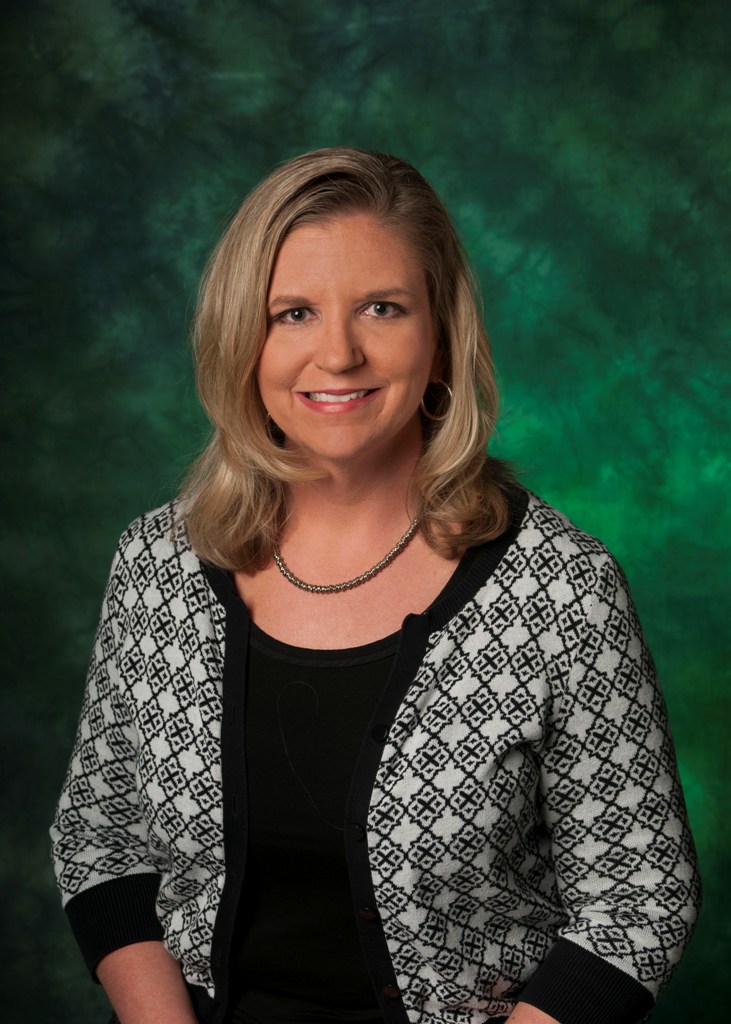Lauren Mathews, M.S., CCC-SLP
Audiology and Speech Language Pathology
Clinical Associate Professor
Chilton Hall 238F

About
Lauren Mathews MS, CCC/SLP, received her BS from Texas Christian University and MS from University of Texas at Dallas. She is currently earning her Ph.D. in Higher Education from the University of North Texas. Mrs. Mathews has worked in clinical settings as a speech-language pathologist including pediatric medical outpatient and inpatient facilities, was the Director of Quality Assurance for a pediatric home health agency and has worked at the University of North Texas (UNT) since 2005. She is currently a Clinical Associate Professor at UNT where she teaches undergraduate and graduate courses in the areas of speech and language development, language disorders, clinical methods, diagnostics and autism spectrum disorders. She has also supervised students and treated clients at the UNT Speech and Hearing Clinic and at the UNT Kristen Farmer Autism Center. Mrs. Mathews’ clinical and research passion is with children and adults diagnosed with Autism Spectrum Disorders, specifically individuals who are non-verbal, and have Theory of Mind and auditory processing difficulties. Mrs. Mathews has been instrumental in the development of the UNT Neurodiversity Initiative especially in the development of three neurodivergent student support programs, UNT ENGAGE (Embracing Neurodivergent Groups in Academics & Gainful Employment), UNT EPIC (Empowering Personal Interactions in the Community), and Eagle Chat, a peer support group. Mrs. Mathews has been active in the Texas Speech-Language Hearing Association (TSHA) and the American Speech-Language Hearing Association (ASHA) in various roles throughout the years. She is a past awardee from the Texas Speech-Language Hearing Association of the Award of Honor and received numerous Certificates of Appreciation throughout the years. In 2023, she was awarded the Burtis-Vogel/Elkins Community Service Award from the TSHFoundation for her development of the UNT EPIC program.
Primary Research Interests:
Assessment and intervention of individuals with developmental communication disorders; Autism Spectrum Disorder, specifically individuals who are non-verbal, with Theory of Mind difficulties, auditory processing difficulties and students in higher education